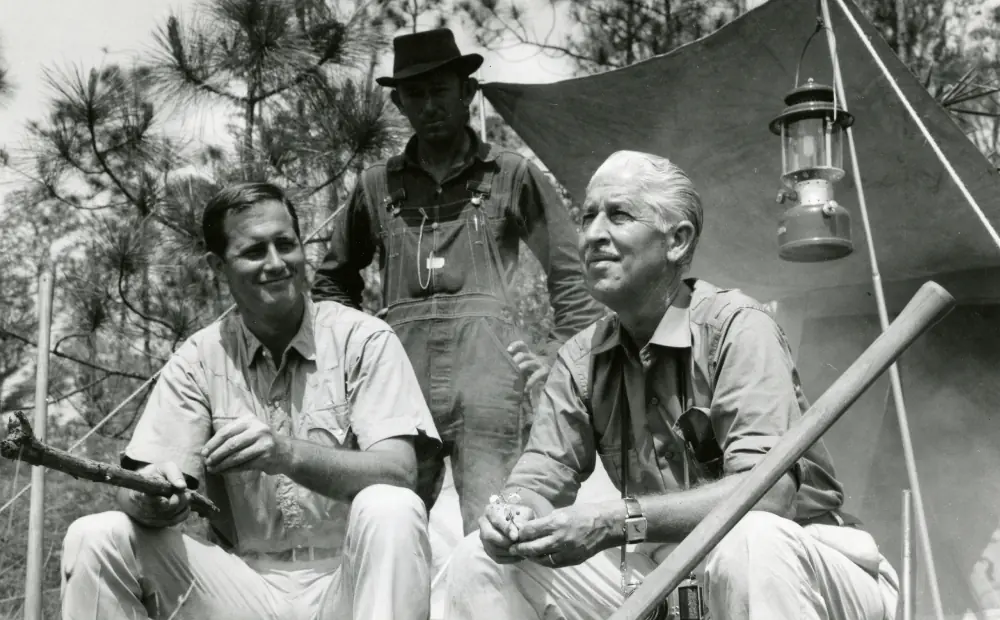Hi there, I'm Thane Maynard. Happy World Hippo Day!
I'm down here at Hippo Cove at the Cincinnati Zoo with our bloat of hippos.
Bloat is what they call a group of hippos, and ours includes the world famous Fiona and her little brother Fritz.
[talking to Fiona] Yeah, you're a good girl. You're a big girl, look at you, yeah look who got big on me.
Fiona just turned six and Fritz is six months old and very active.
Now Fiona is famous for surviving - she was born six weeks before she was due and was too small to stand and nurse from her mom, Bibi.
So the zoo's care team had to step in and figure out how to feed her, what to feed her, how to keep her warm and how to manage critical care 24/7 while juggling other daily responsibilities.
It took a village, but team Fiona did it. And by sharing her ups and downs with the world every day for over two years, she became a beloved symbol of hope and a source of inspiration for millions of people.
It's human nature to root for something to succeed against all odds, and people became invested in her story and just fell in love with Fiona.
And Fiona has raised awareness and interest in hippos. She's an ambassador for her species and a great example of why zoos exist.
She survived because of the animal care team's tireless efforts to save her and has inspired so many to care about her species and wildlife, which is the Cincinnati Zoo's mission.
It's wonderful that her celebrity status has the power to impact her wild relatives living more than 8,000 miles away.
Interest in the Nile hippo and protecting its habitat in Africa benefits all species, many critically endangered that share their ecosystem.
Because, you see, hippos are ecosystem engineers, meaning they shape the environment around them. They create grazing areas that act as a connection between land and water habitats and bring nutrients and microorganisms into the water from the land and vice versa as they travel between the two.
They're also indicator species, and can provide us with an idea of how changes in climate may be impacting their ecosystem and other animal populations. For example if a population of hippos die off due to lack of water, this is indicative that such drought conditions may not be normal for that region and that many other species are likely suffering.
While not considered endangered, wild populations of hippos are currently declining due to habitat loss and degradation, poaching and increased incident of drought, which is a terrible problem right now. Increased drought means fewer grazing areas for hippos to rely on for food.
They will travel upwards of 35 kilometers every night to find food, but the larger issue is that by having to search for food and water, there's a much greater chance of conflict with people and livestock, especially since the human population is increasing.
[talking to Fiona] You're good girls Fiona.
The Cincinnati Zoo has been involved in African conservation for more than 25 years, helping to save species from cheetahs to hippos, and when you visit an AZA accredited zoo, you're not just going to have fun, you're helping support important work like that that saves wildlife in the wild.












